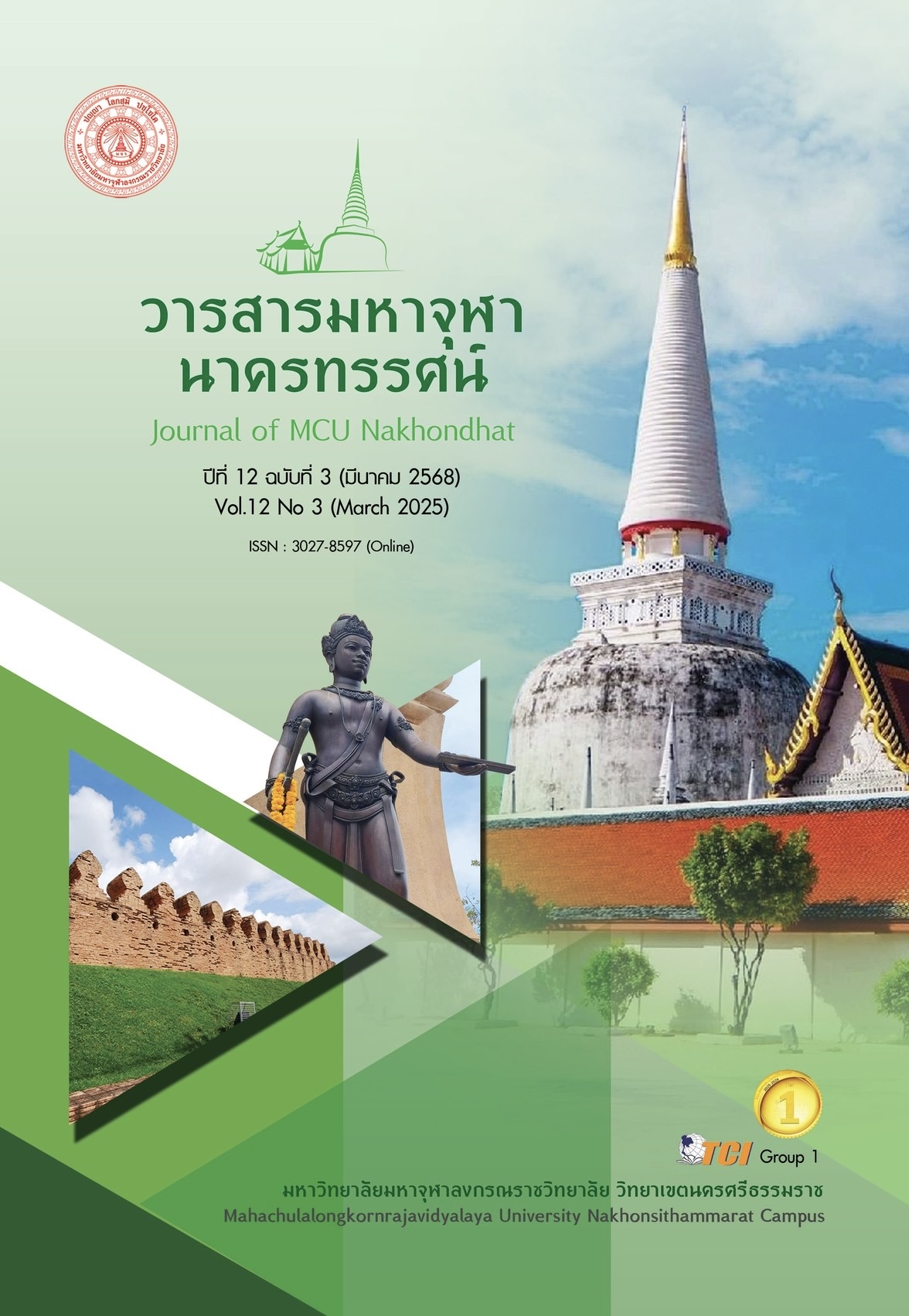CHALLENGES OF DEMOCRACY IN THE DIGITAL ERA: THE ROLE OF SOCIAL MEDIA IN ELECTIONS AND POLITICAL POLARIZATION
Main Article Content
Abstract
Democracy in the digital age faces increasingly complex challenges, particularly regarding the role of social media in influencing electoral processes and deepening political divisions. This article examines key issues arising from social media use, including the spread of fake news, disinformation, and political polarization, which significantly impact voter behavior and political stability. Case studies such as the U.S. presidential elections and the Brexit process illustrate the profound effects of social media on democratic processes. One of the most pressing concerns is the rapid and widespread dissemination of false information. Social media platforms powerful tools for shaping public opinion through algorithms that curate content based on preferences. This results in the phenomenon known as the "echo chamber," where individuals are repeatedly exposed to similar viewpoints, reinforcing political extremism and reducing opportunities for balanced discourse. Furthermore, the lack of appropriate regulatory measures allows interest groups to manipulate these platforms, steering or distorting information to serve their political agendas. To address these challenges, a comprehensive approach is essential. Key solutions include developing transparent and unbiased algorithms, implementing regulatory oversight of digital content by governments and independent organizations, promoting media literacy among citizens, and fostering collaboration between governments, private sectors, and civil society organizations to create a digital ecosystem that supports democratic values. Maintaining a balance between freedom of expression and democratic stability in the digital age requires the collective efforts of all stakeholders. It is crucial to ensure that technology a positive force in strengthening democracy rather than a tool that undermines political stability.
Article Details

This work is licensed under a Creative Commons Attribution-NonCommercial-NoDerivatives 4.0 International License.
References
ไทยรัฐออนไลน์. (2021). ทวิตเตอร์ นำร่องทดสอบ "Birdwatch" บริการตรวจสอบข่าวเท็จ. เรียกใช้เมื่อ 20 มีนาคม 2025 จาก https://www.thairath.co.th/news/tech/2020151
Almedalsveckan. (2023). Almedalen Week: Sweden’s largest democratic forum. Retrieved March 5, 2025, from https://www.almedalsveckan.info
Bangkokbiznews. (2021). เช็กที่นี่ 1 ปีผ่านไป คนไทยพบ “ข่าวลวง” อะไรมากที่สุด. Retrieved March 5, 2025, from https://www.bangkokbiznews.com/social/941587
Bovet, A. & Makse, H. A. (2019). Influence of fake news in Twitter during the 2016 US presidential election. Nature Communications. Retrieved March 5, 2025, from https://doi.org/10.1038/s41467-018-07761-2
Brown, L. (2021). The impact of social media on political campaigns: A study of the 2020 U.S. election. Political Studies Review, 19(3), 112-130.
Chakrabarti, S. et al. (2020). Political misinformation in India: The role of WhatsApp in electioncampaigns. Journal of Political Communication, 37(3), 345-362.
Clark, T. & Wilson, D. (2020). Hashtags and political participation: The role of social media in modern democracy. Journal of Political Communication, 28(4), 256-273.
Cofact. (2023). Five cases of political disinformation during the 2023 general election campaign. Retrieved March 5, 2025, from https://blog.cofact.org/5-cases-of-political-disinformation-during-the-2023-general-election-campaign/
Dataxet. (2025). โซเชียลมีเดีย: ศูนย์รวมการใช้ชีวิตยุคดิจิทัลของคนไทย. Retrieved March 5, 2025, from https://www.dataxet.co/media-landscape/2025-th/social-media
Democracy Festivals Association. (2023). Folkemødet, The people's meeting. Retrieved March 5, 2025, from https://democracyfestivals.org/folkemdet
European Union. (2022). Regulation (EU) 2022/2065 of the European Parliament and of the Council of 19 October 2022 on a Single Market For Digital Services and amending Directive 2000/31/EC (Digital Services Act). Retrieved March 5, 2025, from https://eur-lex.europa.eu/legal-content/EN/TXT/?uri=LEGISSUM%3A4625430
Johnson, R. (2022). Twitter and the digital town hall: How politicians engage with the public online. Digital Politics Journal, 17(2), 78-95.
Jones, M. (2020). Social media and political engagement: A case study of the 2020 elections. Political Communication Journal, 35(2), 45-67.
Lee, H. & Kim, S. (2019). Fake news and misinformation on social media: Implications for democracy. Media & Society, 14(1), 67-82.
Newman, N. & Nielsen, R. K. (2022). Digital News Report 2022 Reuters Institute for the Study of Journalism. Retrieved March 5, 2025, from https://reutersinstitute.politics.ox.ac.uk/digital-news-report/2022?utm_source=chatgpt.com
Ong, J. C. & Cabanes, J. V. A. (2022). Disinformation and electoral manipulation in Southeast Asia. Asian Journal of Political Science, 30(2), 190-210.
Pennycook, G. & Rand, D. G. (2021). The psychology of fake news. Trends in Cognitive Sciences, 25(5), 388-402.
Smith, A. (2019). Pew Research Center, What Age Do People Around the World Think Is Best to Reach Major Life Milestones? Retrieved March 5, 2025, from https://www.pewresearch.org
The Ministry of Education and Culture of Finland. (2019). Media Literacy in Finland: National Media Education Policy. Retrieved from https://toolbox.finland.fi/life-society/media-literacy-and-education-in-finland/


